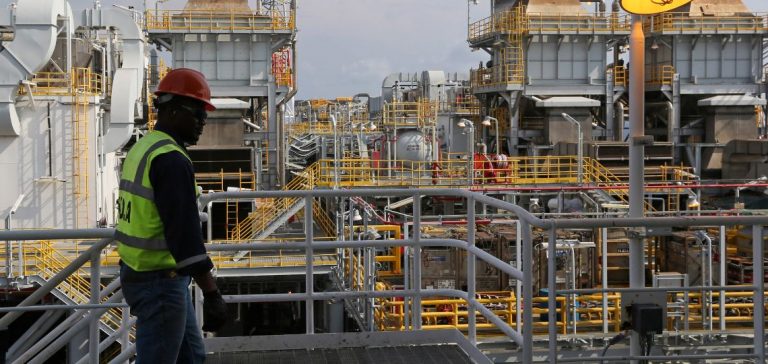Since early October, Nigeria has been facing a new spike in gasoline prices, with a marked increase in the country’s major cities. In Lagos, the economic capital, the liter of PMS (Premium Motor Spirit, gasoline) rose from 855 to 998 nairas ($0.62), representing a 17% increase. The federal capital, Abuja, as well as Kano, the main urban center in the north, recorded an even higher price, reaching 1,030 nairas per liter ($0.64).
End of Subsidies: A Shock for Consumers
This price hike follows the removal of fuel subsidies, a controversial measure taken by President Bola Ahmed Tinubu upon his arrival in power in May 2023. This policy, aimed at reducing the financial burden on the state, has caused the cost of gasoline to triple, which was selling for less than 200 nairas per liter before the reform. The government hopes to attract long-term foreign investments, but the immediate repercussions on purchasing power are severe.
Economic and Social Consequences
With inflation exceeding 30%, the highest level in three decades, the economic situation has deteriorated sharply. The rise in fuel prices directly impacts transportation costs and, consequently, the prices of foodstuffs and other consumer goods. “Our employers are not raising our salaries, and we pay for transportation every day. Food prices will also increase,” said Emem Bob, a 24-year-old salesperson interviewed in front of a service station in Lagos.
Limited Protests and Call for Patience
Despite calls to protest by various political organizations and civil society groups, the mobilizations on October 1st, Nigeria’s national holiday, did not gather a significant crowd. President Tinubu took the opportunity to call on Nigerians to show patience, while emphasizing the need for reforms to lead the country out of this crisis.
Uncertainties About the Future
The national oil company NNPC (Nigerian National Petroleum Corporation) has not yet commented on this new price increase. Experts believe that as long as economic tensions persist, further price adjustments may follow, making the situation even more difficult for Nigerian households. The country, which already has a high unemployment rate and endemic poverty, risks growing social discontent in the coming months.






















